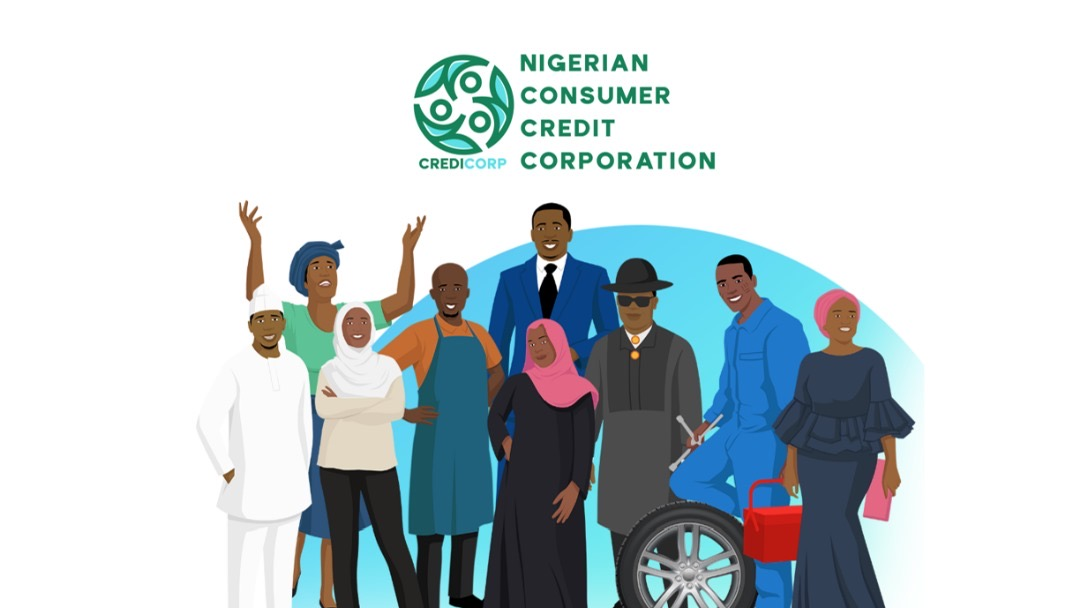
This Is Why You Should Reduce Your Coffee Intake Now
- Ayo AL
- December 12, 2017
- Health
- disadvantages of coffee, disadvantages of coffeee, negative side effects of coffee in women, why coffee is not good for women
- 0 Comments

Caffeine, one of the most widely consumed psychoactive substance in the world, is the best known ingredient of coffee.
Its beneficial effects on the human body has been researched quite well, but coffee as a whole is a complex beverage with a thousand different substances.
These 10 Amazing Health Benefits Of Groundnuts Would Make You Keep A Bottle At Home
Some studies argue that decaf and caffeinated coffee may have the same health effects and suggest that it’s not the caffeine that is responsible for most of coffee’s health benefits.
Below are some reasons why coffee is not good for you
1. Coffee can cause insomnia and restlessness.
The recommended maximum amount of caffeine is 400 milligrams, roughly the amount which is gotten from 4 cups of coffee.
If you’re caffeine-sensitive, be careful with coffee. You are probably already aware what amount and what kind of coffee suits, or doesn’t suit you.
Anything beyond that and coffee would affect you in a manner that you might not be able to control.
2. Coffee can cause stress and Tension
Drinking lots of coffee will promote the release of the stress hormones cortisol, epinephrine and norepinephrine.
These chemicals increase your body’s heart rate, blood pressure and tension levels – the old ‘fight or flight’ response.
We often say we need to drink coffee to give us energy. But for many of us, it has gone further than just energy and turned into a kind of jittery tension that is always on and makes it difficult to relax.
Maybe it pushes you to get through the school work, but longer-term the health implications of this kind of ongoing stress are significant.
3. Increase cellulite
Even though a lot of anti cellulite products contain coffee, drinking it can actually increase the risk of developing cellulite. Caffeine in the coffee dehydrates you and makes your body hold the water it already has. Holding water is the most common cause of cellulites.
4. Dehydration
It is a common fact that for every cup of coffee you drink, you need two cups of water just to compensate for the fluids you’ve lost. Coffee causes dehydration and unless you make up for the water you’ve lost it can lead to headaches and nausea.
5. Emotional tiredness
Caffeine wakes you up and gives your body more energy. However, what it doesn’t do is let your body rest. Having too much coffee will make you run around and feel like you can do so much more.
But, since your body does need rest, once you actually sit down and stop working, you might feel even more tired and emotionally drained then without coffee.
6. Panic Attacks
Due to the fact that caffeine causes addiction, not having the amount your body is used to can cause panic attacks and this is the truth. Caffeine actually induces the fight or flight mechanism in our bodies.
High consumption of coffee however, reduces that mechanism to panic attacks. You start to sweat, your hands start to shake and you expect bad things to happen to you.
7. Ulcers and Acidity
Many of the compounds in coffee like caffeine and the various acids found in coffee beans can irritate your stomach and the lining of your small intestine, hereby increasing the chances of you having ulcer.
It’s known to be a problem for those suffering from ulcers, gastritis, IBS and Crohn’s disease and doctors generally advise patients with these conditions to avoid coffee completely.






